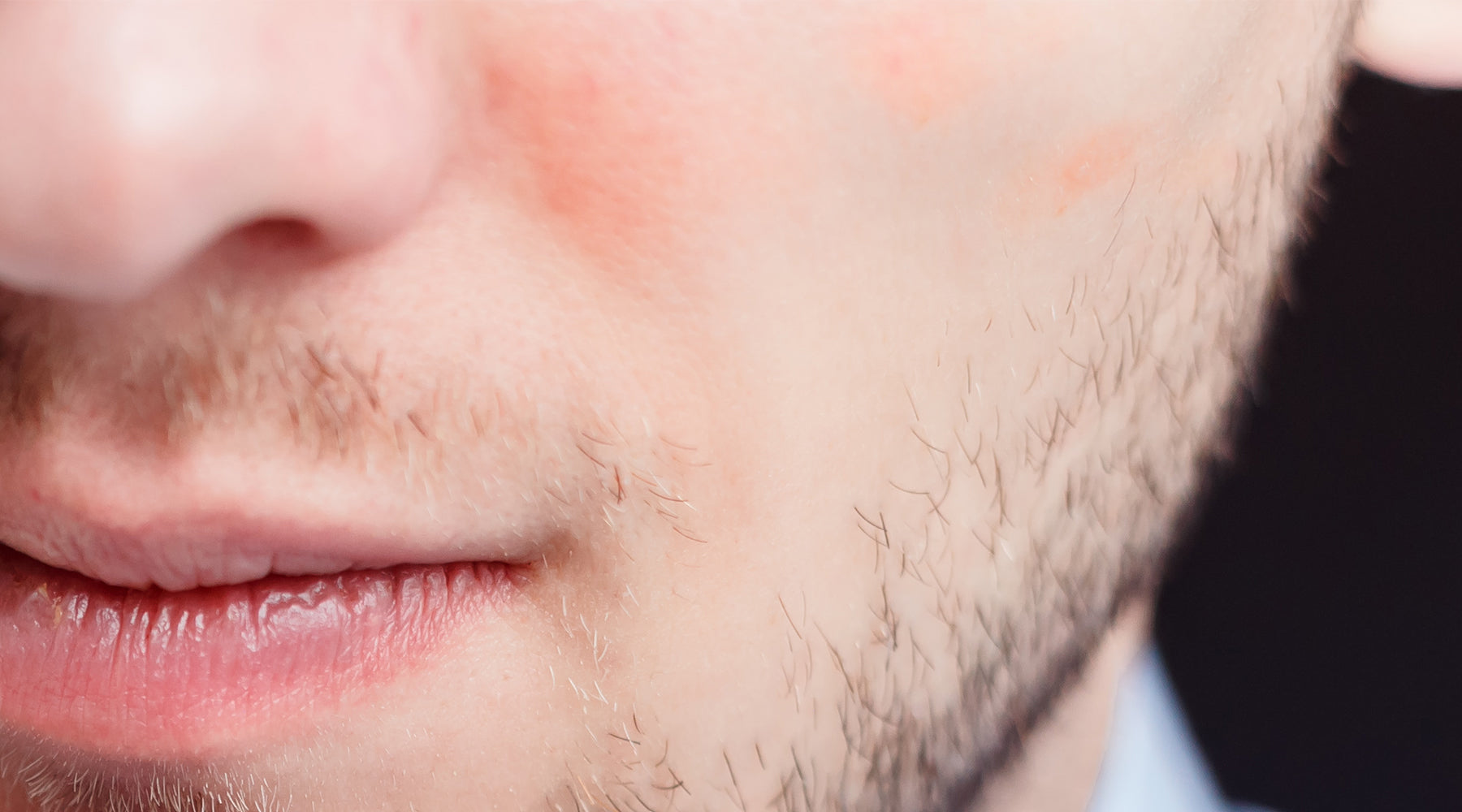
Retinol Cream Side Effects
Retinol cream is a topical solution that has gained immense popularity for its anti-aging benefits. It is a derivative of vitamin A that can be found in various skincare products.
Retinol cream is known to improve the appearance of fine lines, wrinkles, and uneven skin tone. However, like any other skincare product, retinol cream also has its side effects. In this article, we will discuss the possible side effects of retinol cream.
Side Effects of Retinol Cream
Retinol cream is a potent skincare solution that can cause side effects if not used properly. Some common side effects of retinol cream include dryness, peeling, and redness. These side effects occur because retinol cream speeds up the cell turnover rate, causing the skin to shed faster than usual. This can lead to irritation and dryness, especially for people with sensitive skin.
Dryness and Peeling
One of the most common side effects of retinol cream is dryness and peeling. Retinol cream speeds up the cell turnover rate, which can cause the skin to shed faster than usual. This can lead to flakiness, dryness, and even peeling of the skin. If you experience excessive dryness or peeling, reduce the frequency of using retinol cream or switch to a lower concentration.
Tips to reduce dryness and peeling
- Start with a lower concentration of retinol cream
- Use retinol cream every other night instead of every night
- Apply a moisturizer after using a retinol cream to prevent dryness
- Avoid using harsh cleansers or exfoliants that can further irritate the skin
Redness
Another common side effect of retinol cream is redness. Retinol cream can cause the skin to become inflamed and red.
This is because retinol cream is a powerful exfoliant that can irritate the skin, especially if you have sensitive skin. However, this redness is usually temporary and should subside within a few days.
Tips to reduce redness
- Start with a lower concentration of retinol cream
- Use retinol cream every other night instead of every night
- Apply a moisturizer after using retinol cream to soothe the skin
- Avoid using other exfoliants or skincare products that can further irritate the skin
Sun Sensitivity
Retinol cream can also increase sun sensitivity, making the skin more prone to sunburns and sun damage. This is because retinol cream can thin out the outer layer of the skin, making it more vulnerable to UV rays.
Therefore, it is essential to use a broad-spectrum sunscreen with an SPF of 30 or higher when using retinol cream.
Tips to reduce sun sensitivity
- Always use a broad-spectrum sunscreen with an SPF of 30 or higher
- Apply sunscreen generously and frequently throughout the day
- Avoid prolonged sun exposure, especially during peak hours
- Wear protective clothing, such as hats and sunglasses, to shield your skin from the sun
Retinol cream is a powerful skincare solution that can improve the appearance of fine lines, wrinkles, and uneven skin tone. However, it can also cause side effects such as dryness, peeling, redness, and sun sensitivity. If you experience any of these side effects, reducing the frequency of retinol cream or switching to a lower concentration is essential. Always use a broad-spectrum sunscreen with a retinol cream to protect your skin from sun damage.
__________________________________________________________
Retinol Face Cream
